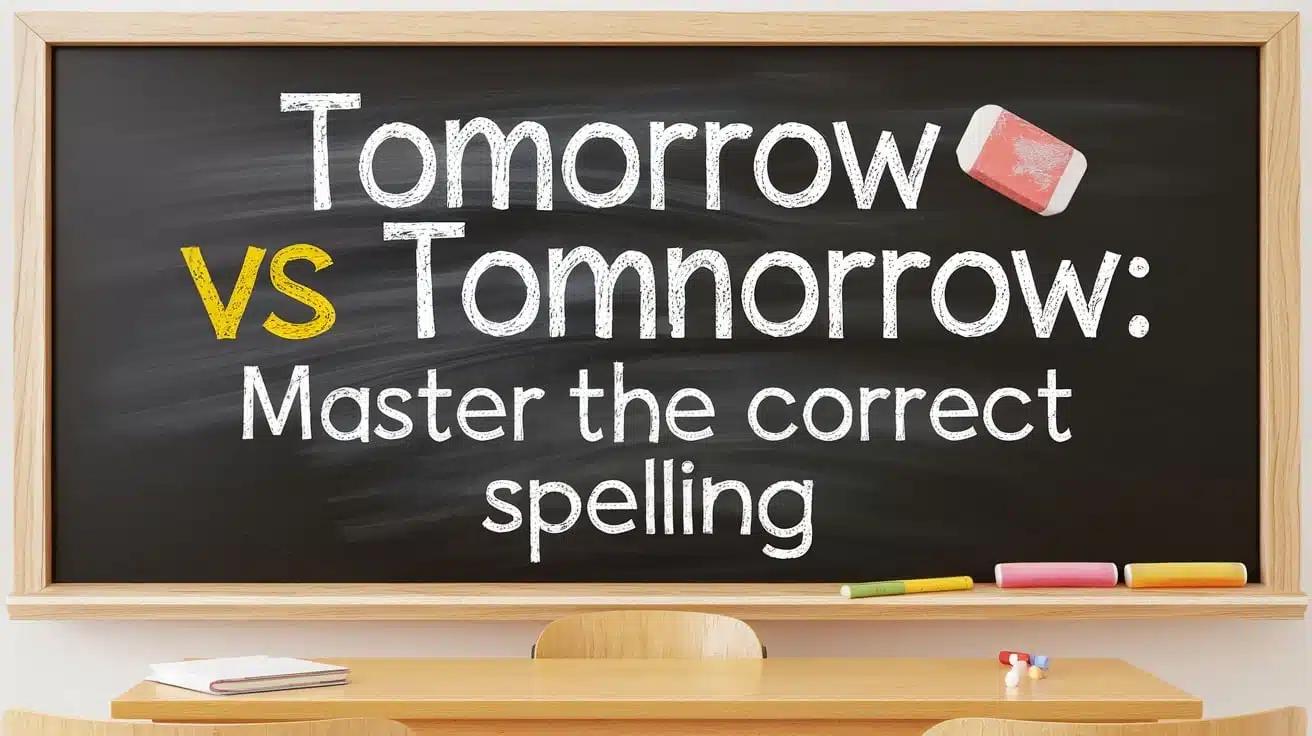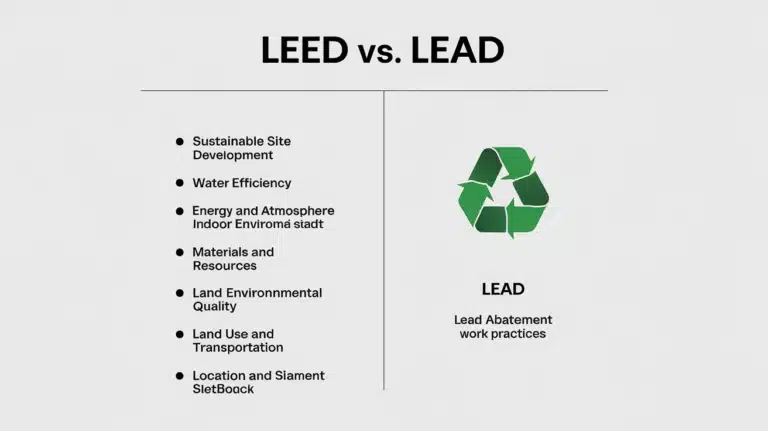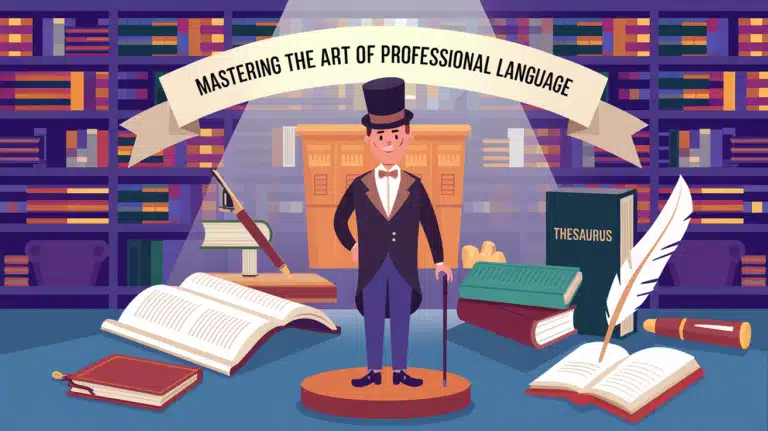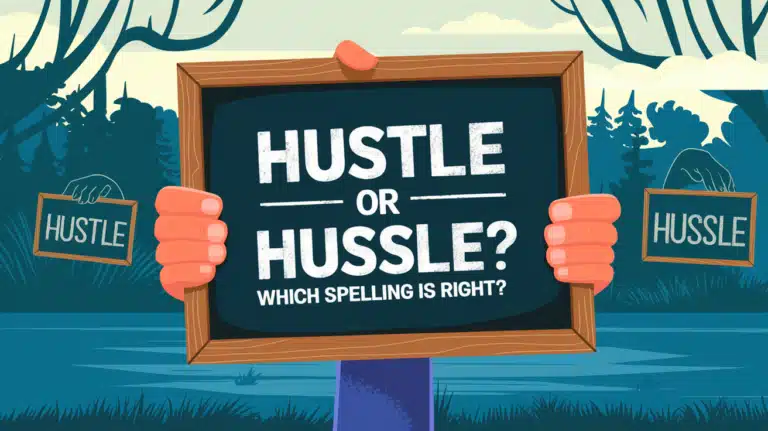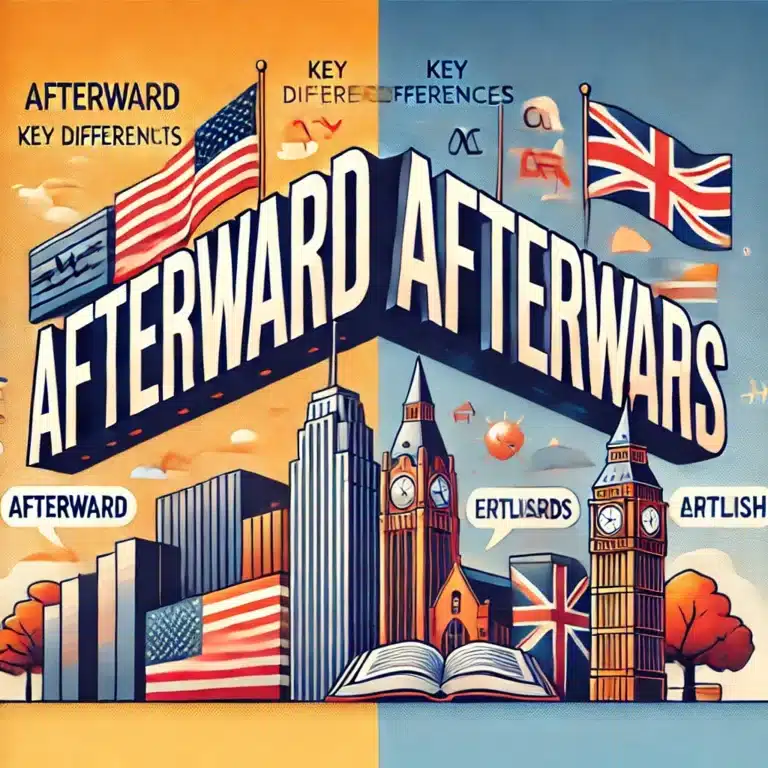Tomorrow or Tommorrow: what’s the difference?
Have you ever paused mid-sentence, unsure if “tomorrow” has one ‘m’ or two? Don’t worry—you’re in good company! This common spelling dilemma has puzzled writers for ages. Join us as we settle the “tomorrow” vs. “tommorrow” debate and ensure you never second-guess it again.
The Origin Story: How “Tomorrow” Came to Be
The word “tomorrow” has a fascinating history that stretches back centuries. It’s derived from Old English “tō morgenne,” meaning “on the morrow.” Over time, it morphed into Middle English “to morwen” and finally settled into the form we know today.
Interestingly, the correct spelling of tomorrow has remained consistent since the 15th century. Shakespeare, in his play “Macbeth,” famously wrote:
“Tomorrow, and tomorrow, and tomorrow,
Creeps in this petty pace from day to day…”
This quote not only showcases the correct spelling but also highlights the word’s importance in literature and everyday life.
Breaking Down “Tomorrow”
To truly understand the word, let’s break it down:
- Pronunciation: /təˈmɒrəʊ/ (UK) or /təˈmɑːroʊ/ (US)
- Syllables: to-mor-row
- Stress: on the second syllable (mor)
This structure is crucial for understanding why “tommorrow” is a common misspelling of tomorrow.
The “Tommorrow” Conundrum
So why do people often write “tommorrow” instead of “tomorrow”? There are a few reasons:
- Double consonants are common in English (think “apple” or “butter”)
- The stress on “mor” might lead some to think it needs emphasis with an extra ‘m’
- Typing errors – it’s easy for fingers to slip and hit ‘m’ twice
Common Typing Errors and Auto correct Mishaps
In the digital age, autocorrect can be both a blessing and a curse. While it often catches spelling mistakes with tomorrow, it can sometimes lead to embarrassing errors. For instance, “tomato” might slip through if you’re not careful!
Read More About : Grateful vs Greatful: Mastering the Art of Spelling Gratitude
Tomorrow in Different Contexts
The versatility of “tomorrow” is part of what makes it so crucial in our language. Let’s look at some examples:
- As a noun: “Tomorrow is another day.”
- As an adverb: “I’ll see you tomorrow.”
- In idioms: “Tomorrow never comes.”
Here’s a quick reference table for everyday usage of tomorrow:
| Context | Example |
|---|---|
| Making plans | “Let’s meet tomorrow for coffee.” |
| Expressing hope | “Tomorrow will be better.” |
| Procrastination | “I’ll start my diet tomorrow.” |
The Psychology Behind Spelling Errors
Understanding why we make spelling mistakes can help us avoid them. When it comes to the spelling confusion with tomorrow, cognitive factors play a big role:
- Phonetic spelling: We often write words as we hear them
- Visual memory: Some people remember words by how they look, not how they’re spelled
- Muscle memory: Repeated incorrect typing can lead to habitual mistakes
Tomorrow Across Languages
The concept of “tomorrow” exists in every language, but it’s expressed differently. Here are a few examples:
- Spanish: mañana
- French: demain
- German: morgen
- Japanese: 明日 (ashita)
Interestingly, some languages have multiple words for “tomorrow,” depending on how far in the future they’re referring to. This linguistic diversity reminds us of the importance of context in communication.
Digital Age Dilemmas: Texting and Social Media
In the age of character limits and rapid-fire communication, abbreviations reign supreme. Common shorthand for “tomorrow” includes:
- tmrw
- 2moro
- tom
While these are fine for casual texting, they’re not suitable for formal writing. It’s crucial to maintain the correct vs incorrect spelling of tomorrow in professional contexts.
Mnemonics and Memory Tricks
Struggling to remember how to spell “tomorrow”? Try these memory tricks:
- “Tom or row?” – There’s only one ‘m’ in Tom!
- Picture two people rowing a boat – that’s your two ‘r’s
- Remember: “It’s ‘morrow,’ not ‘morrow-morrow'”
These spelling tips for tomorrow can help cement the correct spelling in your mind.
Tomorrow in Pop Culture
“Tomorrow” has left its mark on popular culture. Here are a few notable examples:
- Songs: “Tomorrow” from the musical Annie
- Movies: “The Day After Tomorrow”
- Books: “Tomorrow, When the War Began” by John Marsden
These cultural references can serve as helpful reminders of the correct spelling.
The Future of “Tomorrow”: Language Evolution
Language is constantly evolving, and spelling is no exception. While “tomorrow” has remained stable for centuries, who knows what the future holds?
Some linguists predict that as digital communication becomes more prevalent, we might see a shift towards more phonetic spellings. However, for now, “tomorrow” remains the standard.
Practical Tips for Flawless Usage
To avoid the tomorrow spelling mistake, try these strategies:
- Use spellcheck, but don’t rely on it entirely
- Read your writing out loud
- Have someone else proofread your work
- Practice writing the word correctly multiple times
Remember, practice makes perfect!
When “Tommorrow” Might Be Acceptable
While “tommorrow” is generally considered incorrect, there are rare instances where it might be used:
- In creative writing to represent a character’s speech or thoughts
- As an intentional misspelling for artistic or branding purposes
However, these are exceptions to the rule. In general, stick with “tomorrow.”
Wrapping Up: Why Correct Spelling Matters
In our fast-paced world, it’s easy to dismiss spelling as unimportant. But consider this:
- It affects your professional image
- It ensures clear communication
- It shows attention to detail
Whether you’re writing an email to your boss or planning your future plans tomorrow, spelling “tomorrow” correctly is a small but significant detail that can make a big difference.
So, next time you’re about to write “tommorrow,” pause for a moment. Remember this article, and confidently spell it with one ‘m’ and two ‘r’s. After all, tomorrow is another day to get it right!

